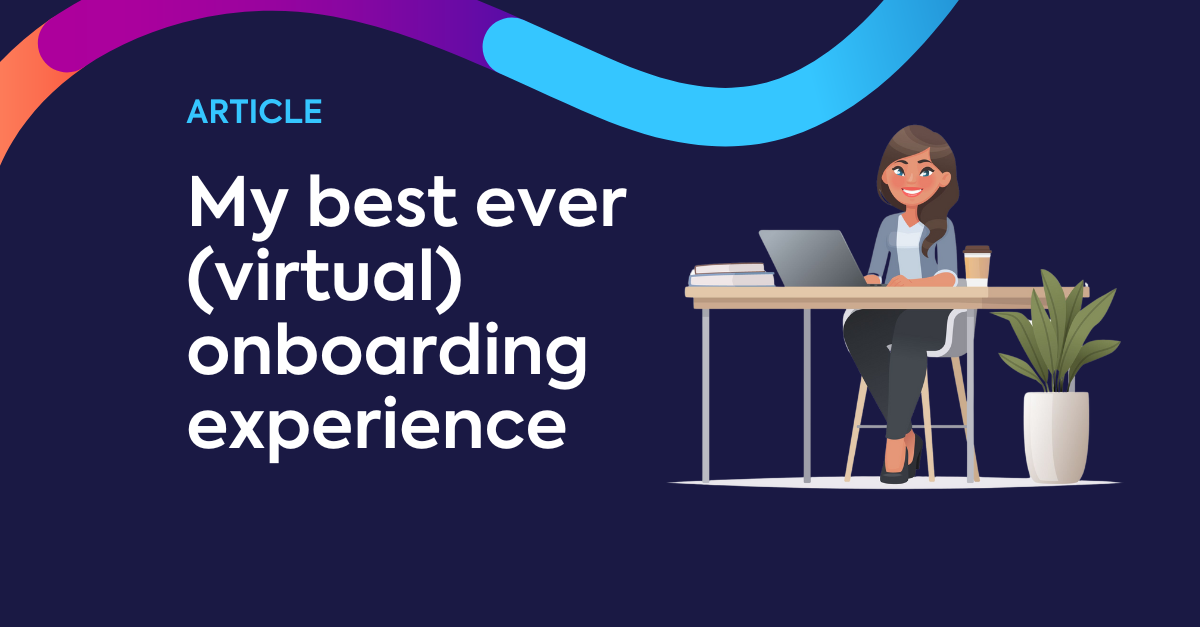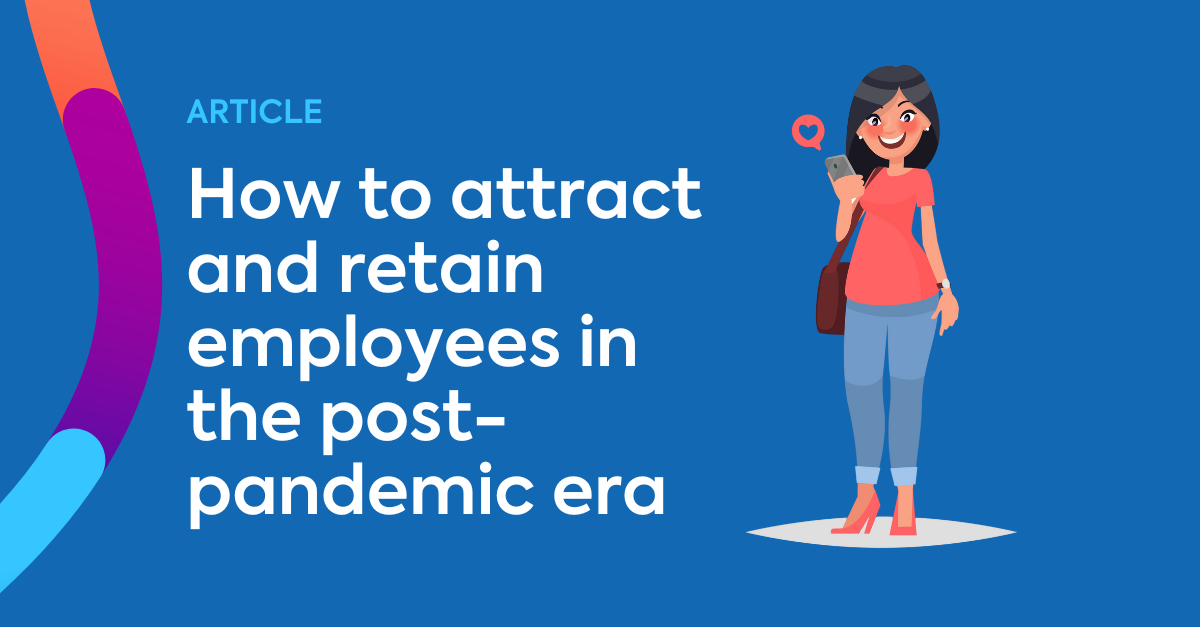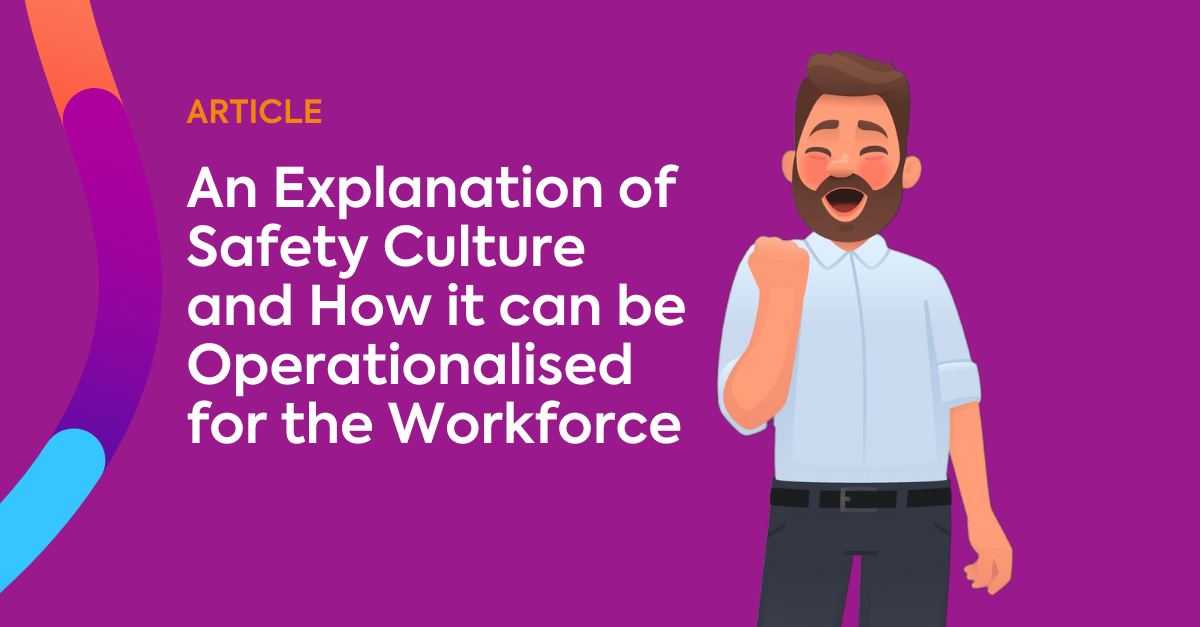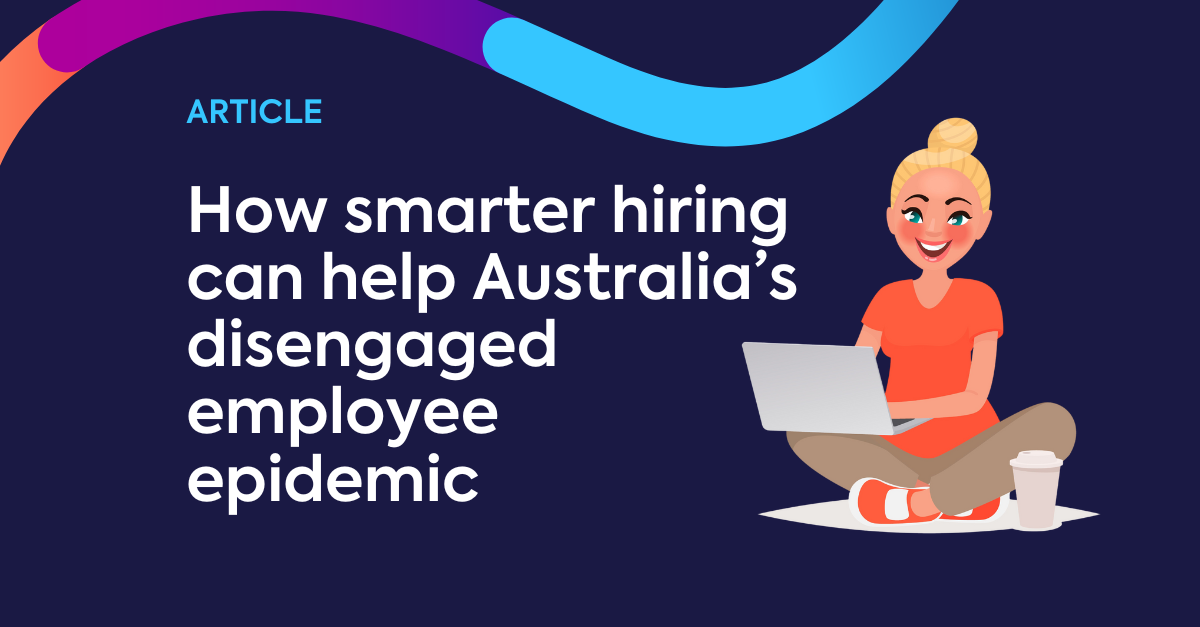Meet Compono Software Developer, Lyn
Can you tell us who you are and what your role is at Compono?
Engage
|
Hire
|
Develop
|
|
Deeply understand your organisation with science-backed analytics on your culture, team design, and engagement. |
Automatically match to candidates who are a great fit for your team culture and who are intrinsically motivated to succeed. |
Back your onboarding, compliance and skill development with industry-leading credentialling, competency and capability expertise.
|
.png?width=383&height=200&name=team%20(1).png)

Table of Contents
As a new employee at Compono, the onboarding I experienced was extremely positive, simple, and has left me with a great first impression of the company and my colleagues. But unbeknownst to me, the company may have had its own science-backed incentives behind the effort. Research shows that a good onboarding experience increases employee retention by 82% and productivity by up to 70%. So by giving candidates a great onboarding experience, they may be getting twice the effect from half the effort!
With a vastly remote workforce nowadays, an outstanding onboarding experience needs to include virtual inductions and digital processes as well. While my onboarding was conducted in the office, most parts of it were in fact virtual and therefore used to onboard remote team members as well.
The good news is that virtual onboarding does come with many benefits:
Now onto the story of my experience…
The truth is, my great remote “onboarding” experience started the moment I received the job offer. The technical term for onboarding before the official job start date is pre-boarding. My pre-boarding experience was thorough and informative, which gave me the impression that my new company is considerate, careful and rigorous.
If pre-boarding was the appetiser, then onboarding would be the main course (or entree for fellow Americans). The first day of onboarding is the first taste of the course, and a true milestone in anyone’s career. I still remember my first day at every past job, internship and volunteer roles, which were instrumental in consolidating my impression of the corporate culture. My first day at Compono gave me the impression that it is a collaborative, warm, diverse and energetic team. Here are a couple of things that helped:
My first week’s onboarding helped me better transition into my role, and adapt to Compono’s company culture. Here are a couple things that I recall to be especially important:
1. Compliance Training. I completed compliance training in the first week. Compono had established training in work health and safety, cybersecurity and workplace behaviour for employees to conduct self-paced learning on our LMS. I loved how the course content was standardised, high-quality and included many interactive learning components that helped me retain the knowledge. The platform also had a beautiful UX/UI that was quite intuitive from a learner’s perspective.
2. Informal Introductions. Beyond formal introductions on the first day, casual one-on-ones with team members throughout the first week really helped me get acquainted with my colleagues. Retrospectively, having built this rapport early on ensured smoother communications and collaborations later on in the job. The team leader is responsible for ensuring that no one misses the one-on-one introduction with their new colleague.
There are only so many activities that could be jammed into the first week. As I moved on to the second, third and fourth week of onboarding, I still needed to learn more about my role and responsibilities, the company’s values, receive formal guidance and get started on tasks.
1. Cultural Onboarding. Understanding the vision, mission and values of a company that I work for is key to my level of inclusion and happiness at work. It also creates better alignment between my efforts and the company’s goals and values. As a “millennial” that, according to research, tends to work for purpose and not just a paycheck, I do feel that the communication of purpose early on is essential.
2. Formal and ongoing induction. Formal induction meetings got me onboard with the current work in progress and my own roles and responsibilities. Since a couple meetings alone were not enough to provide ongoing support, I was paired with a buddy team member so that I was able to address all my new questions more easily.
By 100 days, I was fully onboard with company values and had been contributing to the team for a while. But onboarding did not stop here. To me at least, continuous development should never stop. Research done by LinkedIn also shows that 94% of employees would stay at a company longer if it invested in their career. Professional development is no longer a perk but a firm expectation from us employees nowadays.
1. Upskill, upskill and upskill. 70% of CEOs believe that their companies lack the skills they need for tomorrow. From an employee’s perspective, I also feel an intense need to upskill and arm myself with knowledge in this day and age where everything from AI to outsourcing can be a threat to my future job security. According to an IBM study, employees are 12 times as likely to leave if they do not feel that they can achieve their career goals at the company. Just like 58% of the workforce, I prefer self-paced learning online and was glad to find that Compono has enabled my favourite way of learning through their LMS. Managers assigned some initial courses for me to learn at my own speed, among which my favourites were innovation, negotiation, teamwork and emotional intelligence. As I am progressing through my role at Compono, I will also need more learning content to support my ongoing development.
2. Feedback Loop. As a new starter, I needed a feedback loop to know how my performance is tracking, and where improvements can be made. At the same time, I always appreciate a company where my voice and opinions matter, and where I can contribute to building an ideal company culture.
After speaking with hundreds of human resource managers, digitalising and automating HR processes are the way to go. Across HR functions, the digitalisation of development, including onboarding, can be the biggest efficiency booster. With more than 40% of the workforce favoring full-time remote work, a complete and well-designed remote onboarding process is also a necessity for the future. As the workforce returns to the office, companies will be able to conduct certain onboarding steps offline again such as welcome parties. But most onboarding and continuous development programs will likely remain online due to better efficiency and management.
 Read More
Read More

Much has been written about the ‘Great Resignation’ - the post-pandemic trend leading record numbers of people around the world to voluntarily exit...

As CEO of Compono, I’m a firm believer that it’s simply not enough for me and my team to focus only on building intelligent software. It is also...

Globally, businesses are facing an epidemic of disengaged employees. A Gallup report revealed 71% of Australians are not engaged with their jobs and...